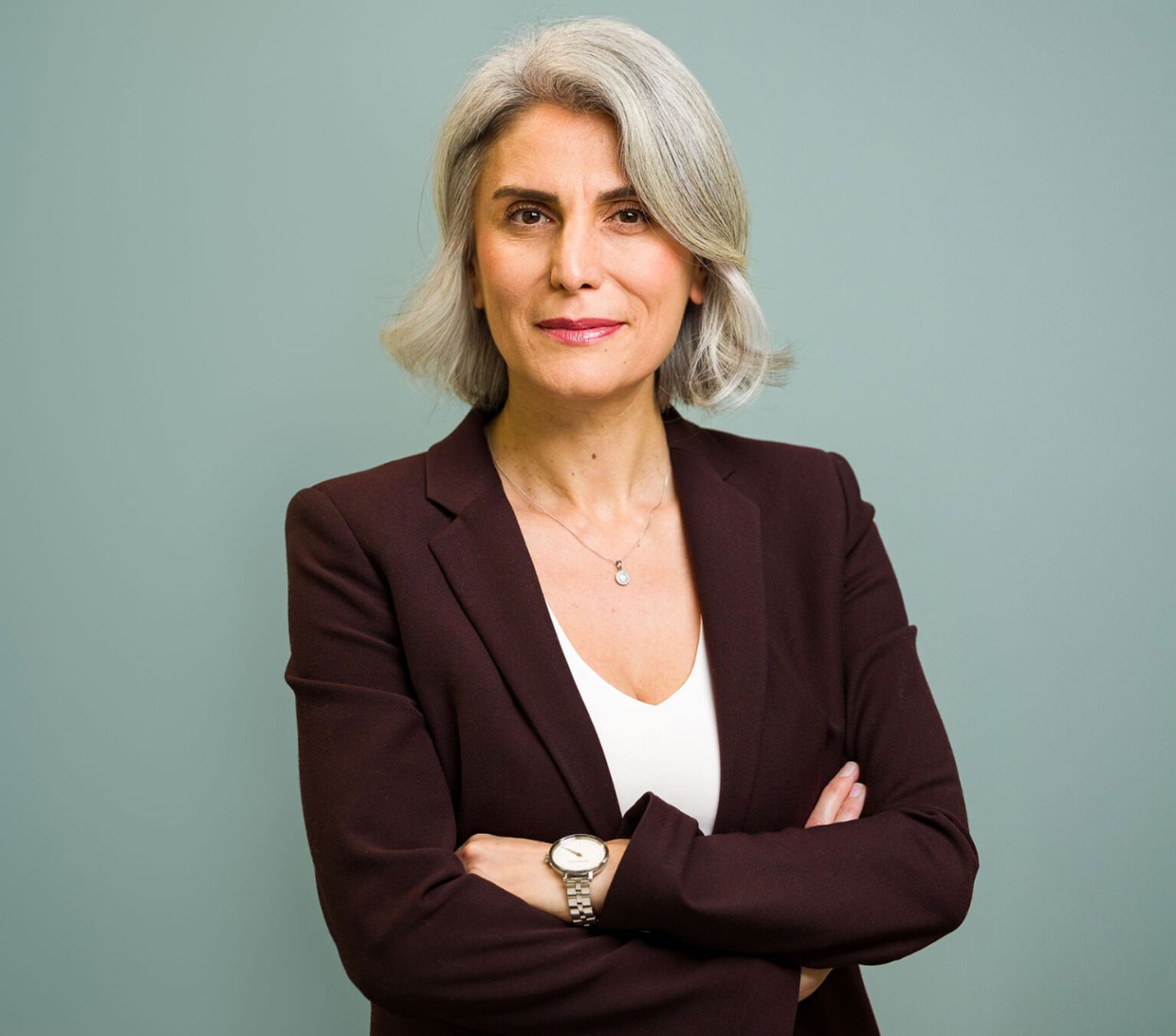
I am in a client-facing role leading a team focused on legal, accounting, property management, recruitment and facilities management sectors. Our clients have many business issues, and we help them in several ways, such as tailored digitalised support for their complex workforces, making sustainability improvements, establishing strong data security and compliance, and achieving operational excellence. I enjoy the role because it combines the strategic elements needed to create operational value for our clients.
I come from a family of accountants, so I knew a lot about the profession from an early age. What really drew me to accountancy was the flexibility in terms of the training. Once you get a solid financial base, you can move into many other areas of business. After I qualified, I did an MBA, which took me beyond the numbers into the heart of strategic and business operations without losing that ‘bottom-line’, financial focus.
You can only really excel if people are playing to their strengths and are motivated
Some of my proudest career achievements include being fully qualified by 25, achieving a distinction in my MBA, and thereafter ‘living the MBA’. I have led UK and global teams across sales, marketing, business development, commercial finance and group internal audits, with M&A integration across several sectors.
I really enjoy helping release the potential of individuals within a team. Ultimately, you can only really excel if the people around you are playing to their strengths and are motivated and see a compelling way forward. Culture is a big part of that.
In terms of how the role of the finance professional will evolve in the next five years, I believe it’s about ROI on business cases, wider stakeholder management and really being at the heart of the business. AI and sustainability have a big place in this. From a finance perspective, technology will enable a lot of tasks to be automated to free up finance professionals – and others across the business – to provide that strategic advice.
I think we are at a tipping point where accountants must go beyond finance. That means developing greater soft skills, business appreciation and an understanding of the different functions to really demonstrate that finance is the lifeblood of the business.
Immerse yourself, be like a sponge, and the qualification will take you on a journey
Technology has moved beyond being a way to connect. It’s now about collating and analysing data, while ensuring its security, to give actionable insights to the business. Technological skills are now a core competence. Every organisation needs to be actively using technology as if it’s a technology company. What’s more important is understanding how technology can help support the organisation to be more effective, more efficient and more transformational. Quantifying the impact on the bottom-line impact, or how to monetise the opportunity, is paramount, especially in the deployment of new technology.
My advice for someone starting out in the accountancy profession is to be alert and expect the unexpected. ACCA opens so many doors that you have lots of options. Immerse yourself, be like a sponge, and the qualification will take you on a journey into areas that that you didn’t expect.



